
OUR ACTIONS
Find out what Epson is doing to achieve the Corporate Purpose.
Our commitment to achieving Epson's Purpose
At Epson, we constantly have our eyes set on societal issues. We continue to ask ourselves what we can do to help resolve the issues through our corporate initiatives.
Social Values that Epson Provides
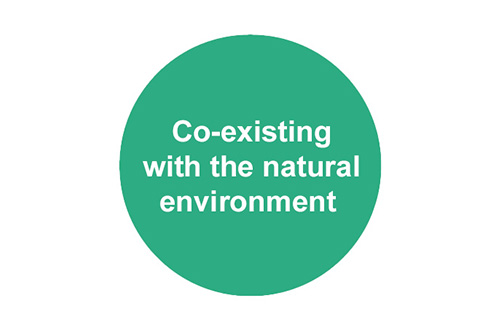
We want to create a world where the environment and industry can co-exist.
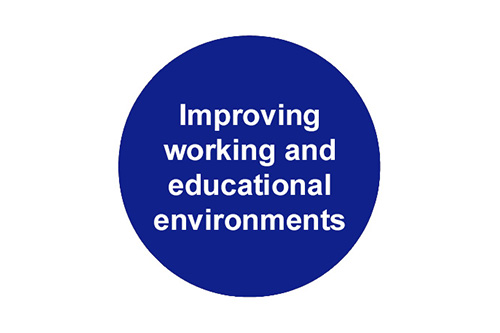
We want to improve working conditions and education environment to mitigate social inequality and enrich people’s everyday lives.
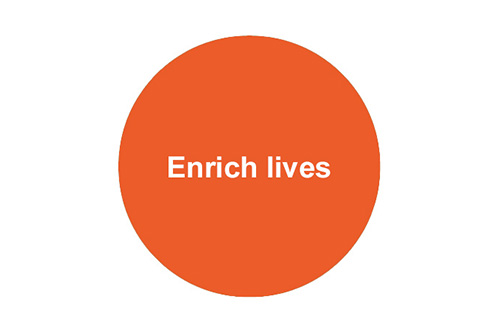
We have taken on the challenge to find solutions for both the environment and people so that every individual may thrive with true richness.
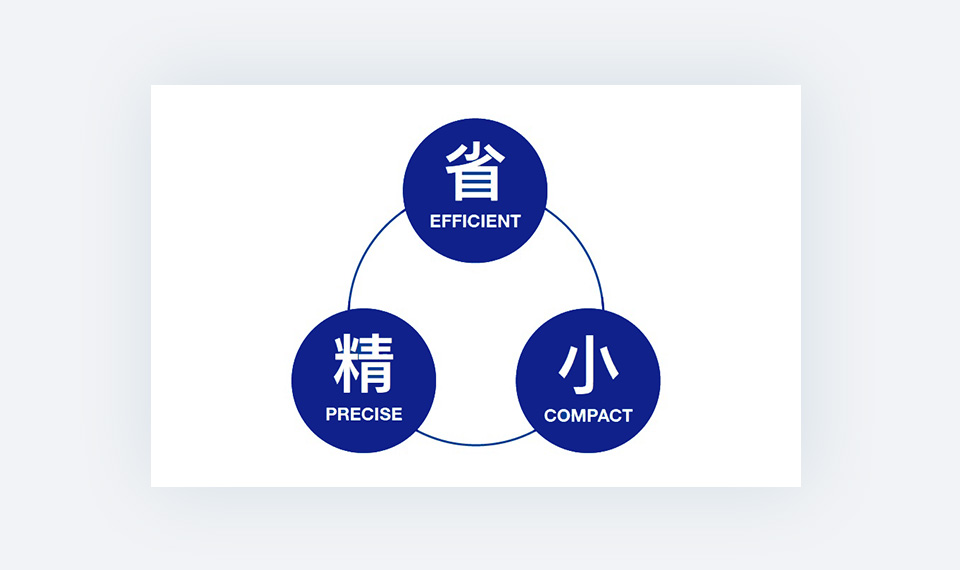
We believe that making things more efficient, compact, and precise can lead to greater social value.
Since Epson’s founding, we have continued to challenge ourselves to provide products and services that exceed customer expectations through our efficient, compact, and precise innovation.
Bigger isn’t always better, and more doesn’t always make one richer. What Epson sees as true richness is not just one’s material or financial wealth, but the wealth in one’s mind and lifestyle, enrichment of the heart.
We believe that the essence of sustainability is in the pursuit of enriching lives for all people, including our future generations.
See some of the things we are doing to enrich the future
At Epson, our employees face societal issues head-on in an effort to achieve sustainability and enrich communities.
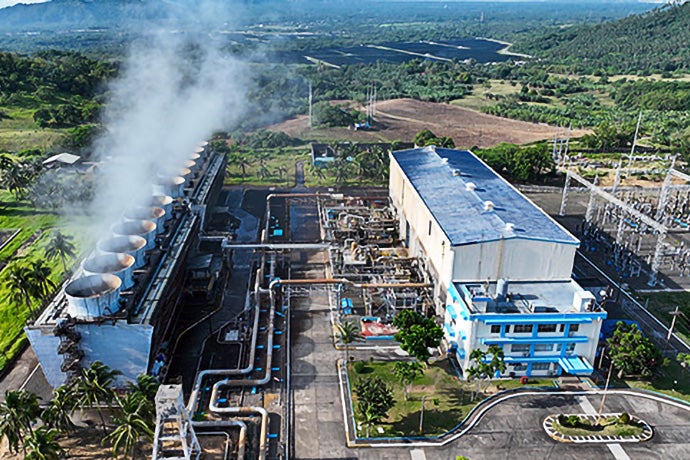
Manufacturing supported by 100% renewable electricity
Epson is committed to a more sustainable future, and as part of this commitment, the company has transitioned to 100% renewable electricity across its global sites. This means all Epson products are now manufactured in factories powered by renewable energy sources. To achieve this, Epson has partnered with local energy providers to source renewable energy tailored to each region, reducing emissions and supporting local economies. Examples of these partnerships include geothermal power in the Philippines, hydroelectric power in Japan, and biomass co-firing power in Indonesia. This initiative demonstrates Epson's dedication to advancing renewable energy use and reducing its environmental impact through its manufacturing processes.
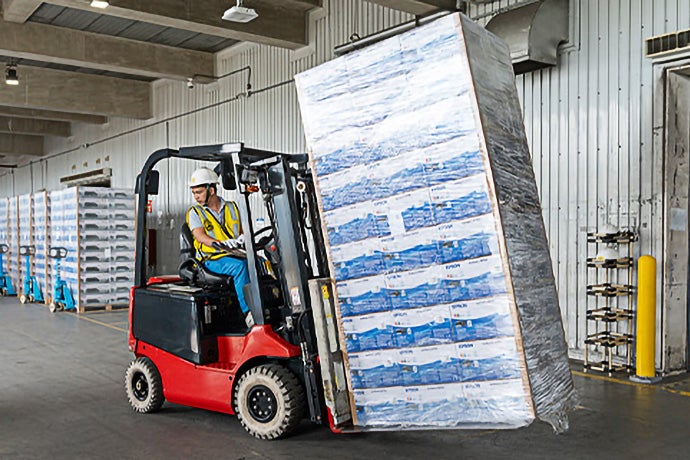
Decarbonizing Logistics
Epson is actively working towards its goal of becoming carbon-negative by 2050, with a strong focus on decarbonizing its logistics. The company is optimizing its product and packaging to fit more items into each container, while also pursuing more efficient maritime transport routes to reduce greenhouse gas emissions. Furthermore, Epson is collaborating with logistics partners to use alternative fuels like biodiesel and methanol on specific shipping routes. These strategic efforts have already shown significant results, including improved container loading rates and a substantial reduction in greenhouse gas emissions, underscoring Epson's commitment to both engineering precision and sustainability.
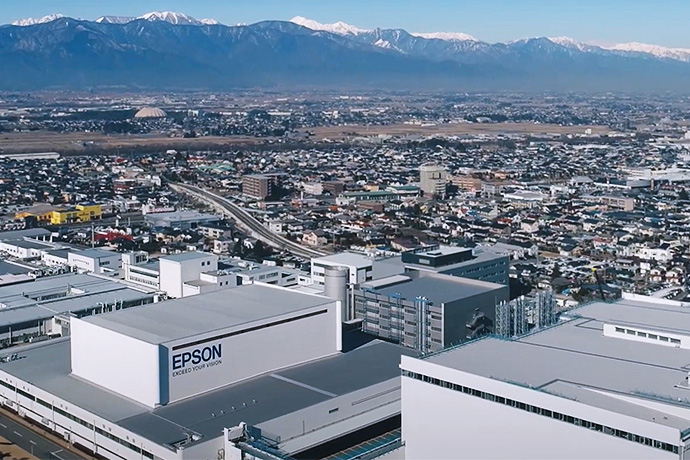
Striving to become underground resource free1
The world must shift from a linear "take-make-dispose" economy to a sustainable, circular economy. As a manufacturer of a wide range of products, we've taken it upon ourselves to become underground resource free by 2050. To achieve this goal, we will reduce total resource inputs, eliminate waste, and increase the use of recycled materials in products to 100%. In our eyes, this objective is our obligation.
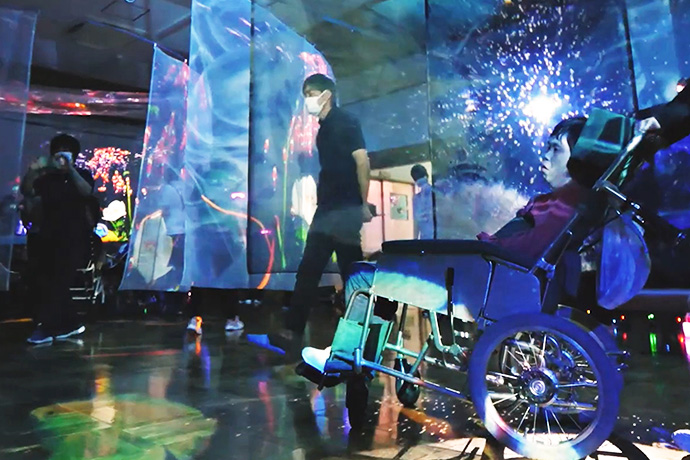
Making the world a better place through our business activities and community giveback programs
We at Epson believe our business activities have the power to solve societal issues. Drawing upon our strengths, we work with our partners to introduce activities rooted in each region to 5 accomplish SDG outcomes and contribute to social sustainability. For issues that cannot be fully addressed through our business activities alone, we give back through donations, volunteer assistance, and various social programs.
1 Non-renewable resources such as crude oil and metals.
Explore Other Activities
Explore Other Activities

Our Purpose
Epson aspires to enrich lives and create a better world by working with customers and partners to solve societal issues.

Epson 25 Renewed Corporate Vision
Epson 25 Renewed outlines a strategy for achieving our purpose, with a focus on the environment, DX and co-creation.

Sustainability
We are practising sustainability management to fulfil our social responsibility and create shared social value.
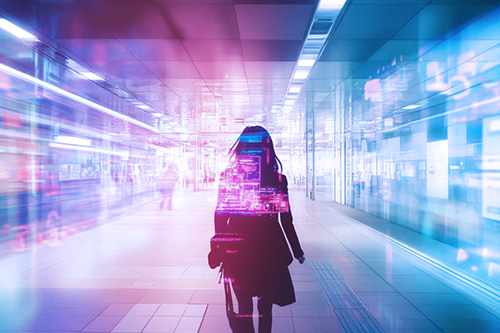
Technology
We leverage innovative technologies that solve societal issues, contribute to sustainability, and enrich our communities.